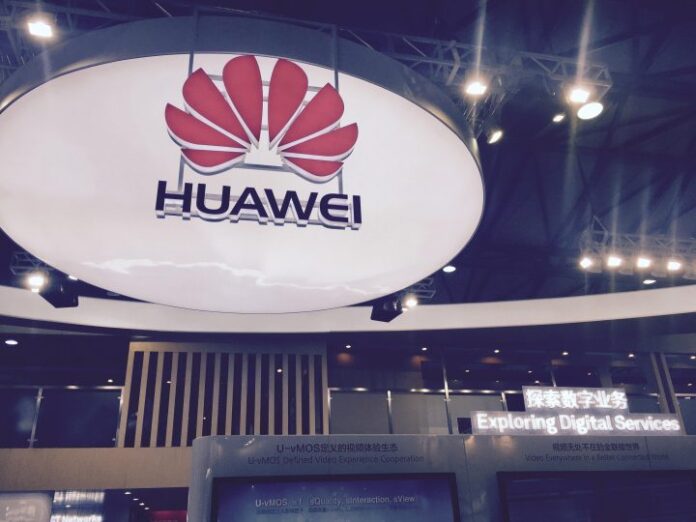The U.S. government is no longer urging Germany to ban Chinese vendor Huawei, as it is satisfied with the strict regulations set by the European country for the provision of 5G network equipment, according to German newspaper Frankfurter Allgemeine Sonntagszeitung.
The U.S. authorities are “highly satisfied” with a regulation introduced by Germany’s Federal Network Agency (BNetzA) last month, which sets strict security standards for 5G regardless of the provider. While the new regulation does not exclude any country or company — including Huawei –it does make sure that foreign vendors cannot undermine Germany’s security standards. As a result, the Trump administration is no longer demanding that Germany explicitly ban Huawei, according to the paper.
The new requirements set by BNetzA stipulate that systems may only be sourced from trustworthy suppliers whose compliance with national security regulations and provisions for the secrecy of telecommunications and for data protection is assured.
The new regulation also say that network traffic must be regularly and constantly monitored for any abnormality and, if there is any cause for concern, appropriate protection measures must be taken.
The U.S. government had previously warned it could limit the sharing of intelligence information with Germany if it does not exclude Huawei from its 5G infrastructure, arguing that Chinese equipment could help Chinese authorities spy on Western companies and governments.
Jochen Homann, chairman of the BNetzA, said excluding Huawei from 5G contracts would present significant problems for the winners of an ongoing 5G spectrum auction launched by the agency on March 19. Germany’s three mobile operators – Deutsche Telekom, Vodafone and Telefonica Deutschland as well as MVNO 1&1 Drillisch — are currently competing for a total of 41 blocks of spectrum in the 2 GHz and 3.6 GHz bands.
“Huawei is an important supplier, already present in our previous networks – it will be difficult to do without such companies and this is not at all what we want,” Homann told German public broadcaster ARD.
In related news, Houlin Zhao, secretary-general of the International Telecommunication Union (ITU), said that U.S. security concerns about 5G mobile networks deployed by Huawei appear to be driven mainly by politics and trade rather than any concrete evidence, according to international press reports.
“I would encourage Huawei to be given equal opportunities to bid for business, and during the operational process, if you find anything wrong, then you can charge them and accuse them,” Zhao said. “But if we don’t have anything then to put them on the blacklist – I think this is not fair.”
Zhao also said it was in the interest of telecommunications vendors to ensure that they were using secure hardware, because otherwise they could face a ban by national authorities.

